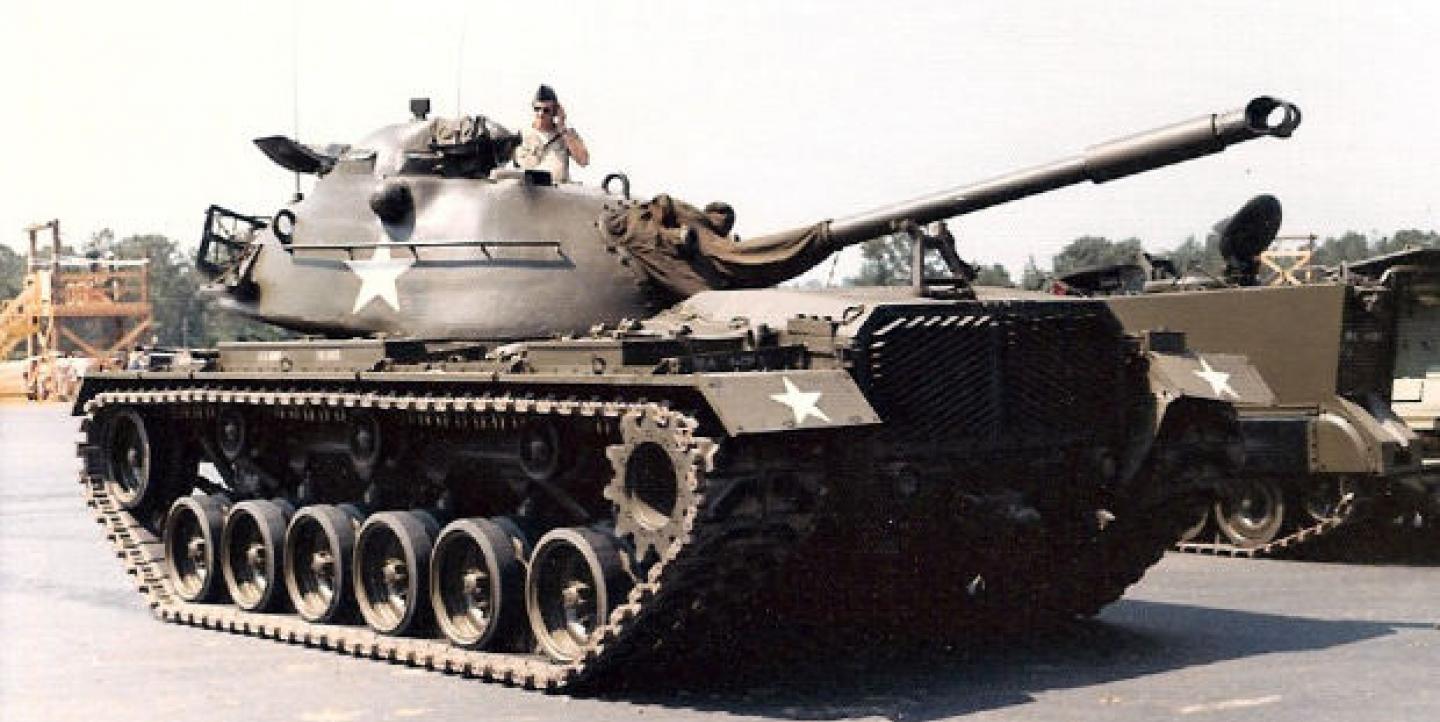In her 20 years working as a foreign correspondent in areas of turmoil, Judith Matloff has found herself on diamond-smuggling planes and in ammunition dumps smoking after an explosion. She has been the recipient of a serious death threat.
It's no surprise that Matloff, who headed the Africa and Moscow bureaus of The Christian Science Monitor, was selected to lead a new course offered by the Columbia Journalism School on covering war zones. Matloff talked to IJNet about safety training, her time abroad and tips for journalists in dangerous areas:
IJNet: How do you think training might have changed your reporting experiences?
J.M.: I got myself into the most insanely dumb situations because I didn't know any better. These were the days when no one uttered the words "trauma" or "flak jacket." You were given a plane ticket and told to file on time and come back in one piece, without any guidance on avoiding surveillance or how to walk on a mine field or not to run in the direction of shooting.
I shudder when I think about the stupid things I did out of ignorance. I have so many colleagues who have been killed or maimed or arrested, out of a similar lack of preparation or knowledge of safety measures. For instance, one friend was brutally sexually assaulted, another lost his legs and another was killed--all in situations that could have been avoided or handled with greater precautions.
IJNet: To what extent can a course really prepare journalists for high-conflict reporting?
J.M.: No course can prepare a journalist 100 percent. But a greater awareness of safer practices can no doubt mitigate the risk. For instance, I was detained in Dagestan last year but got out of that situation fairly quickly due to a backup plan and communications that were already set up with people who could help. I had gone through what to do if I were detained, so when it happened I had a strategy and story and a clean computer in place that resolved the situation.
I firmly believe training should be available to all journalists, particularly those who are freelancers who do not have the support of big organizations, and local reporters and editors who actually live in conflict zones and who constitute the largest number of those jailed and menaced.
IJNet: What are some tips that you can offer reporters who aspire to cover these areas?
JM: Hotel security is the most crucial thing to avoid rape--most women are attacked in or on their way to their rooms. Stay on the edge of crowds during civil unrest and keep your eye on landmarks. Always have someone to watch your back. Don't be conspicuous, memorize licenses and faces if you think you're' being followed.
For cyber security, don't let anyone share your computer. Use codes when communicating. Never travel alone and don't spent the night in a hot spot like Veracruz, Mexico. Go in quickly and get out. Vet the people you work with and analyze ahead of time who attacks, the pattern of attacks and how you would be viewed by someone who might attack journalists.
Image: Morguefile

